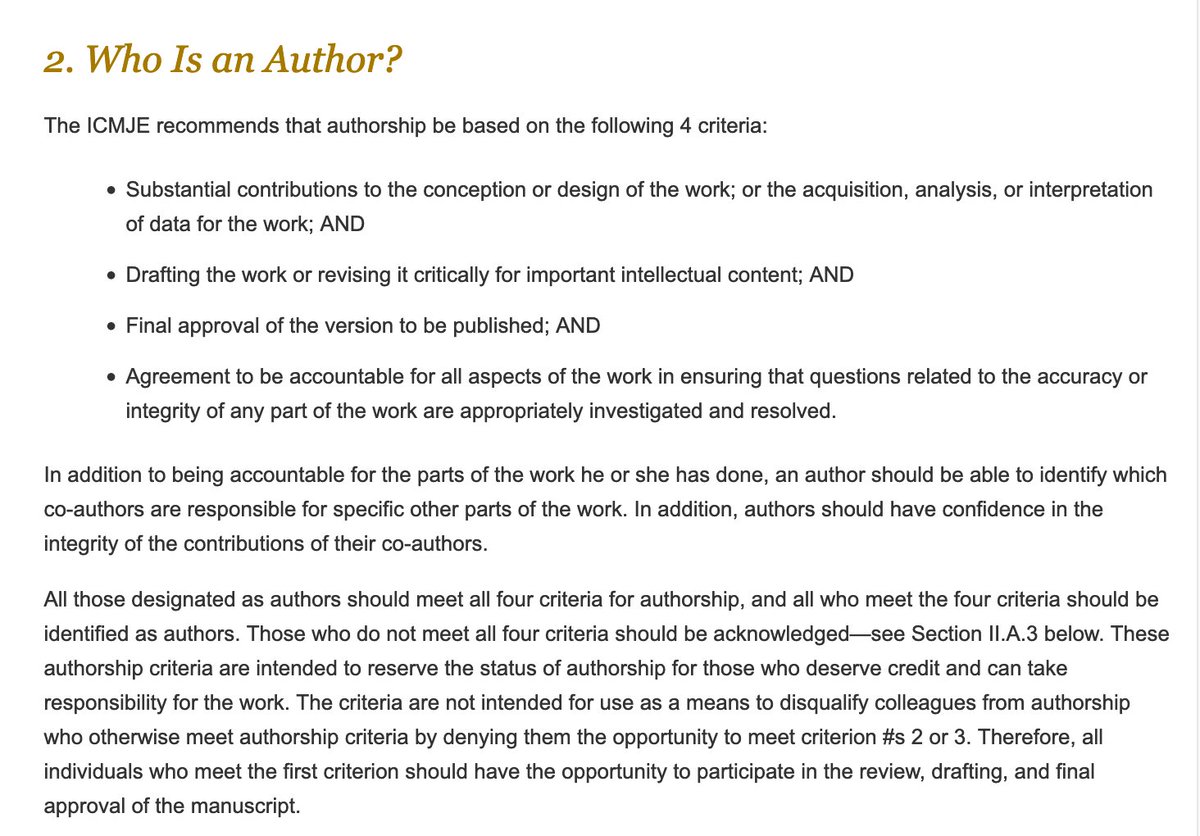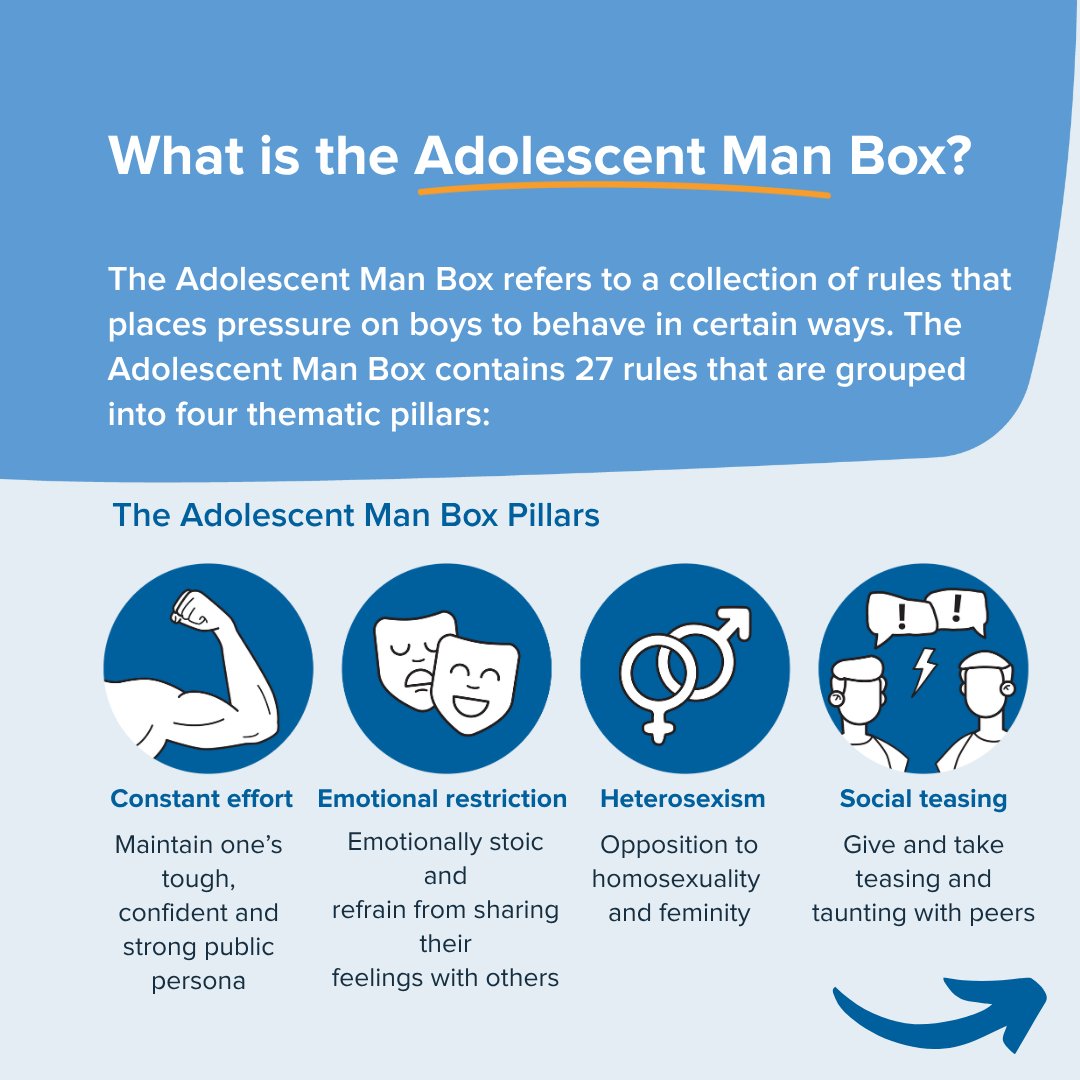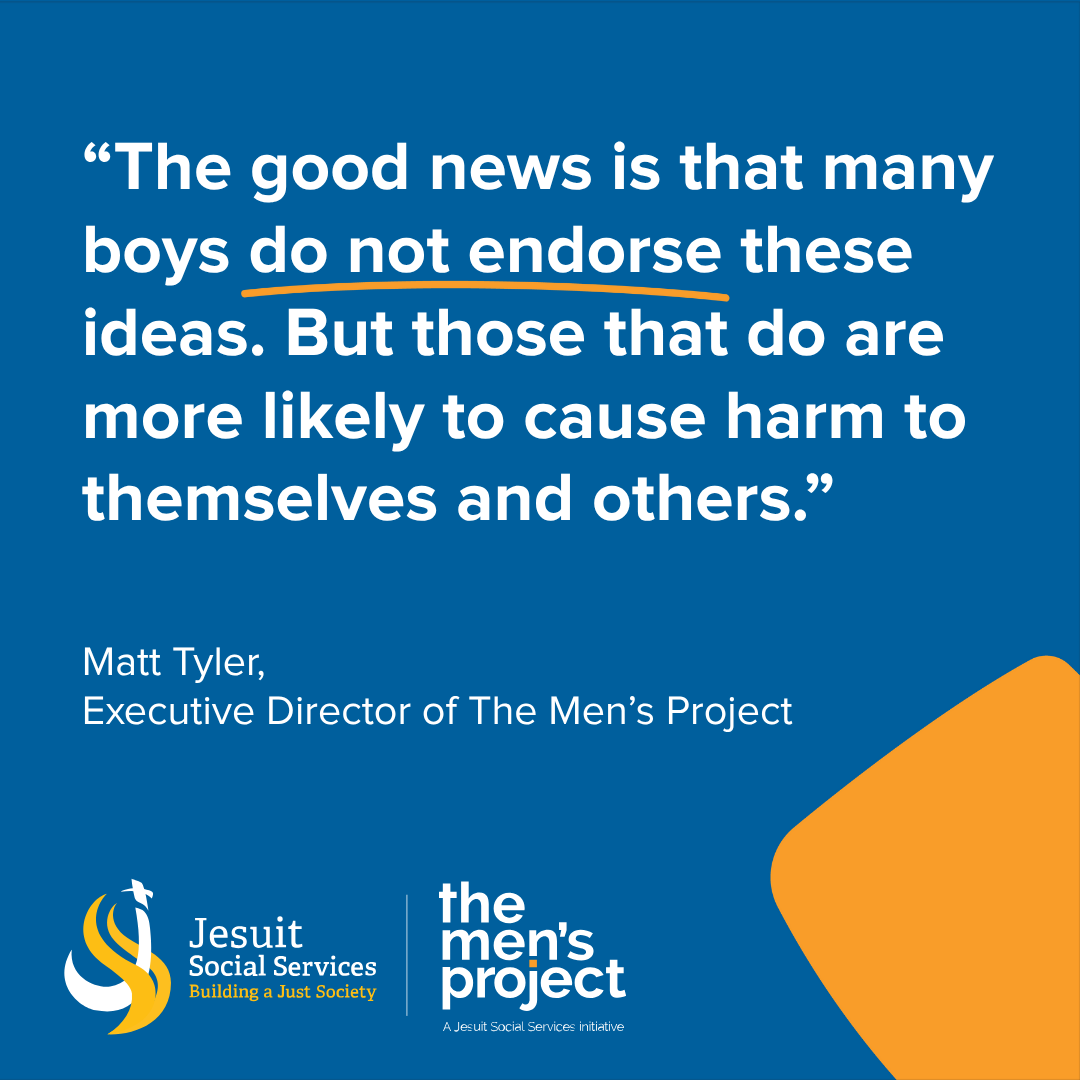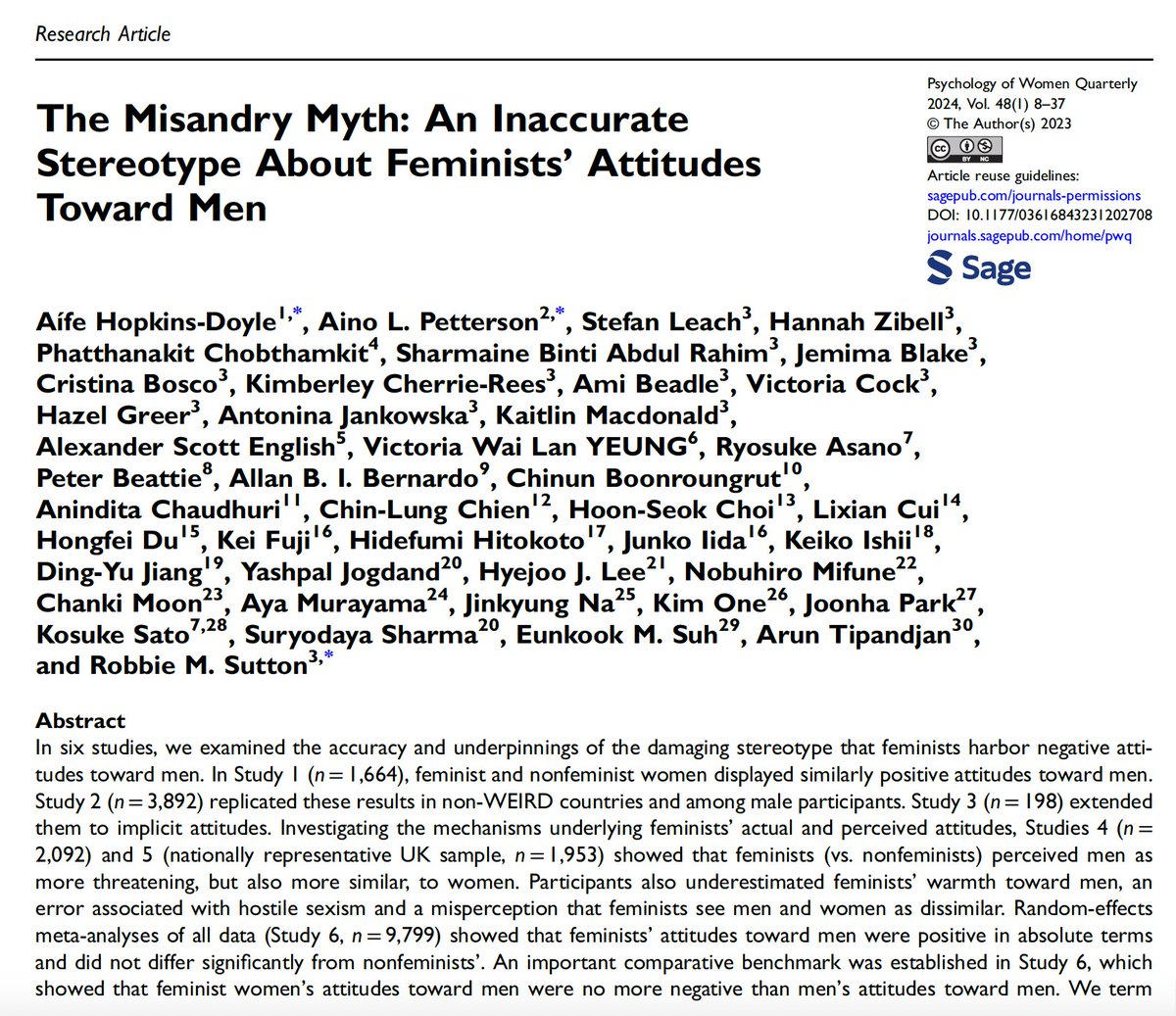PhD supervisors as co-authors of their students' work: PhD supervisors should only be named as co-authors if they have made a *direct and significant* contribution to the publication. Supervision, feedback, or the provision of funding *do not* justify inclusion as an author 1/9
An author is “an individual who has made a significant intellectual contribution to the study” (Elsevier). Authorship "should be limited to those individuals who have contributed in a meaningful and substantive way to its intellectual content.” (Yale Office of the Provost) 2/9
Guidelines on authorship are very clear. For example, the International Committee of Medical Journal Editors (ICMJE) recommends authorship be based on 4 criteria. All should meet all 4 criteria, and all who meet the 4 should be identified as authors. icmje.org/recommendation… 3/9 

“These activities alone… do not qualify a contributor for authorship: acquisition of funding; general supervision of a research group or general administrative support; and writing assistance, technical editing, lang. editing, and proofreading” ICMJE: icmje.org/recommendation… 4/9
All co-authors must be involved in planning and contribution to some component of the work which led to the paper or interpreting at least a portion of the results; writing a draft of the article or revising it for intellectual content; and final approval (Yale Office) 5/9 

PhD supervisors who expect, merely by supervising, to be included as co-authors are being *unethical, dishonest, even fraudulent*. They are claiming credit for work they did not do. They are falsely inflating their own resumes. 6/9
PhD supervisors who expect, merely by supervising or funding, to be included as co-authors are harming their PhD students' career prospects. Co-authorship – multiple names on a publication – dilutes the value of the student's contribution. It's harder to get jobs or postdocs 7/9
PhD students themselves do not have the power to enforce ethical authorship practices. We cannot expect students to call their supervisors to account. Instead, academics and their institutions must encourage and enforce ethical practices and norms. 8/9
Sources: (1) ICMJE, Defining the Role of Authors: icmje.org/recommendation…; (2) Elsevier Authorship Factsheet: elsevier.com/__data/assets/…; (3) Yale University Guidance on Authorship in Scholarly or Scientific Publications: provost.yale.edu/policies/acade… 9/9
Countering supervisor exploitation 1/2: Some academic supervisors take undue credit for the work of their research students, causing damage to their careers and morale. Students should consider whether to acquiesce, leave, complain or resist. bmartin.cc/pubs/13jsp.html
Students should be prepared for supervisor tactics of cover-up, devaluation, reinterpretation, official channels, and intimidation. Options for addressing exploitation include prevention, negotiation, building support, and exposure. Prof Brian Martin: bmartin.cc/pubs/13jsp.html 2/2
Taking the credit: can universities tackle academic fraud? With supervisors pressed to publish more research, one result has been a rise in exploitation of the work of postgraduates. By Antonia Cundy, 2019. ft.com/content/054c9d… via @FinancialTimes
• • •
Missing some Tweet in this thread? You can try to
force a refresh








